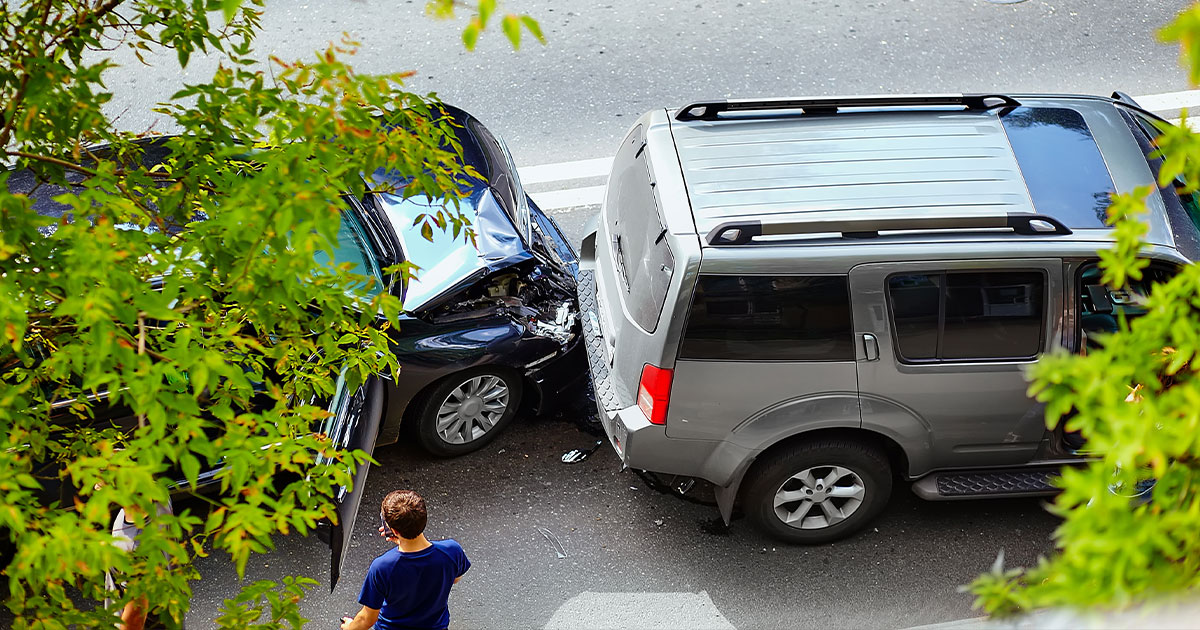
You did not cause the accident; therefore, you should not have to pay for the consequences of it. But remember this, how you respond to police officers and insurance personnel, could play a part in your chances of being compensated appropriately for any damages you may have suffered. You must be careful of what you say after an accident because your words could become evidence that is used against you by the defense in court.
To prevent this, make sure you do not say the following phrases, or anything like them, when you are talking to the law enforcement or the insurance company after an accident.
1. It Was My Fault
Even if you think there is a chance that you caused the accident, or if you think something you did could have contributed to the accident, you must not that to anyone right after the accident. Since you do not know all the factors causing the accident, making a premature admission of fault could lead you to more responsibility than you may deserve. You should talk to a lawyer before you discuss fault with someone else.
2. I’m Sorry
Apologizing for the accident could be looked at as admission of fault. The driver, police officers, and potential witnesses may hear you apologize and assume you caused the crash even when you did not. Even if you feel bad that the other driver is suffering from injuries or just damages to their car, you do not want to apologize or say you are sorry for anything that has happened right after the accident.
3. I’m Not Hurt or Injured
During an accident, and immediately after, your body goes into shock. What this means is that you may not notice, or feel, your injuries right away. It could be hours, days, or even weeks after the accident happens before you feel or notice them.
Because of this timeframe, you should not say that you are not hurt or injured at the scene of the accident. Injuries you may notice after you have made that admission could be hard for you to prove as injuries as a result of the of the car crash.
4. These Are My Injuries
Even if you see your injuries, you should not self-diagnose yourself – no matter who you talk to. If anyone asks, you should tell them that you do not know what your injuries are. You can tell someone if you have an injury, you can describe any symptoms you have, but do not say what you think is wrong with you.
If you say that you have a specific injury and later do not receive treatment for them, and your doctor’s diagnosis conflicts with statements you could complicate your lawsuit.
5. I Talked to My Family and/or Friends
Do not tell anyone who you spoke with after an accident, because then the authorities and insurance company can go to these people to verify your story. Your lawyer needs to be the first person to interview you, and any of your friends or family members that may need to be interviewed. If the authorities talk to your friends or loved ones right away, they could misunderstand what you told them and tell the police something unhelpful or even not accurate.
6. I Think This Happened
Only state the facts after an accident. State what you saw, heard, and felt. Do not guess about anything as those guesses could be used against you at later date. If you do not know definitively what happened, then that is what you tell anyone that should ask – I do not know. The police’s assessment of the accident should be what is used to fill in the gaps.
7. This Is My Official Statement
Never submit an official statement without first talking to your lawyer. In fact, your lawyer should help you draft and submit any official statement you may have to the authorities and insurance companies.
8. I Accept This Settlement
DO NOT accept any settlements or offers without speaking with an attorney. You will not know how much compensation you may be entitled to until after you have met with your lawyer. Do not even discuss settlements or offers before speaking with a personal injury attorney.
Avoid phases like the ones noted after a car accident. Also remember not to post anything about your accident onto your social media pages. For more advice on how to handle your personal injury case, contact Hardee, Massey & Blodgett, LLP. We are available for free consultations and can help through the process of your claim.
